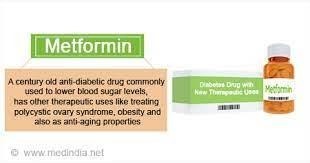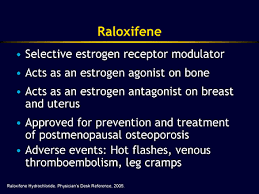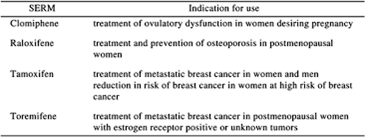A nurse accidently administers the medication metformin instead of metoprolol to a client. Which of the following actions should the nurse take?
Obtain the client's HDL level.
Collect the client's uric acid level.
Check the client's glucose level.
Monitor the client's thyroid function levels.
The Correct Answer is C
Choice A rationale:
Obtaining the client's HDL level is not relevant to the administration error.
Choice B rationale:
Collecting the client's uric acid level is not relevant to the administration error.
Choice C rationale:
Metformin is an antidiabetic medication used to control blood glucose levels. Since metformin was administered instead of metoprolol, the nurse should check the client's glucose level to monitor for potential effects of the incorrect medication.
Choice D rationale:
Monitoring the client's thyroid function levels is not relevant to the administration error involving metformin and metoprolol.

Nursing Test Bank
Naxlex Comprehensive Predictor Exams
Related Questions
Correct Answer is C
Explanation
Choice A rationale:
Raloxifene is not used to treat urinary tract infections.
Choice B rationale:
Raloxifene is not used to treat deep-vein thrombosis.
Choice C rationale:
Raloxifene is a medication used to treat and prevent osteoporosis in postmenopausal women. It is a selective estrogen receptor modulator (SERM) that helps improve bone density and reduce the risk of fractures.
Choice D rationale:
Raloxifene is not used to treat hypothyroidism.

Correct Answer is C
Explanation
Choice A rationale:
Raloxifene is not used to treat urinary tract infections.
Choice B rationale:
Raloxifene is not used to treat deep-vein thrombosis.
Choice C rationale:
Raloxifene is a medication used to treat and prevent osteoporosis in postmenopausal women. It helps to prevent bone loss and reduce the risk of fractures.
Choice D rationale:
Raloxifene is not used to treat hypothyroidism; it's primarily focused on bone health.

Whether you are a student looking to ace your exams or a practicing nurse seeking to enhance your expertise , our nursing education contents will empower you with the confidence and competence to make a difference in the lives of patients and become a respected leader in the healthcare field.
Visit Naxlex, invest in your future and unlock endless possibilities with our unparalleled nursing education contents today
Report Wrong Answer on the Current Question
Do you disagree with the answer? If yes, what is your expected answer? Explain.
Kindly be descriptive with the issue you are facing.
